Unlocking Savings: How Solar Panels for Home Use Can Slash Your Energy Bills Today
As energy costs continue to rise, homeowners are increasingly seeking effective solutions to minimize their expenses. One of the most promising technologies available today is solar panels for home use. According to the U.S. Department of Energy, residential solar installations have increased by an impressive 167% over the past five years, making them a viable option for many households. A report by the National Renewable Energy Laboratory reveals that homeowners can save an average of $20,000 on energy bills over 20 years by utilizing solar energy. Additionally, as solar technology becomes more affordable and accessible, the potential for significant savings grows. By harnessing the power of the sun, homeowners not only reduce their electricity bills but also contribute to a more sustainable future, illustrating that investing in solar panels for home use is both an economically and environmentally sound choice.
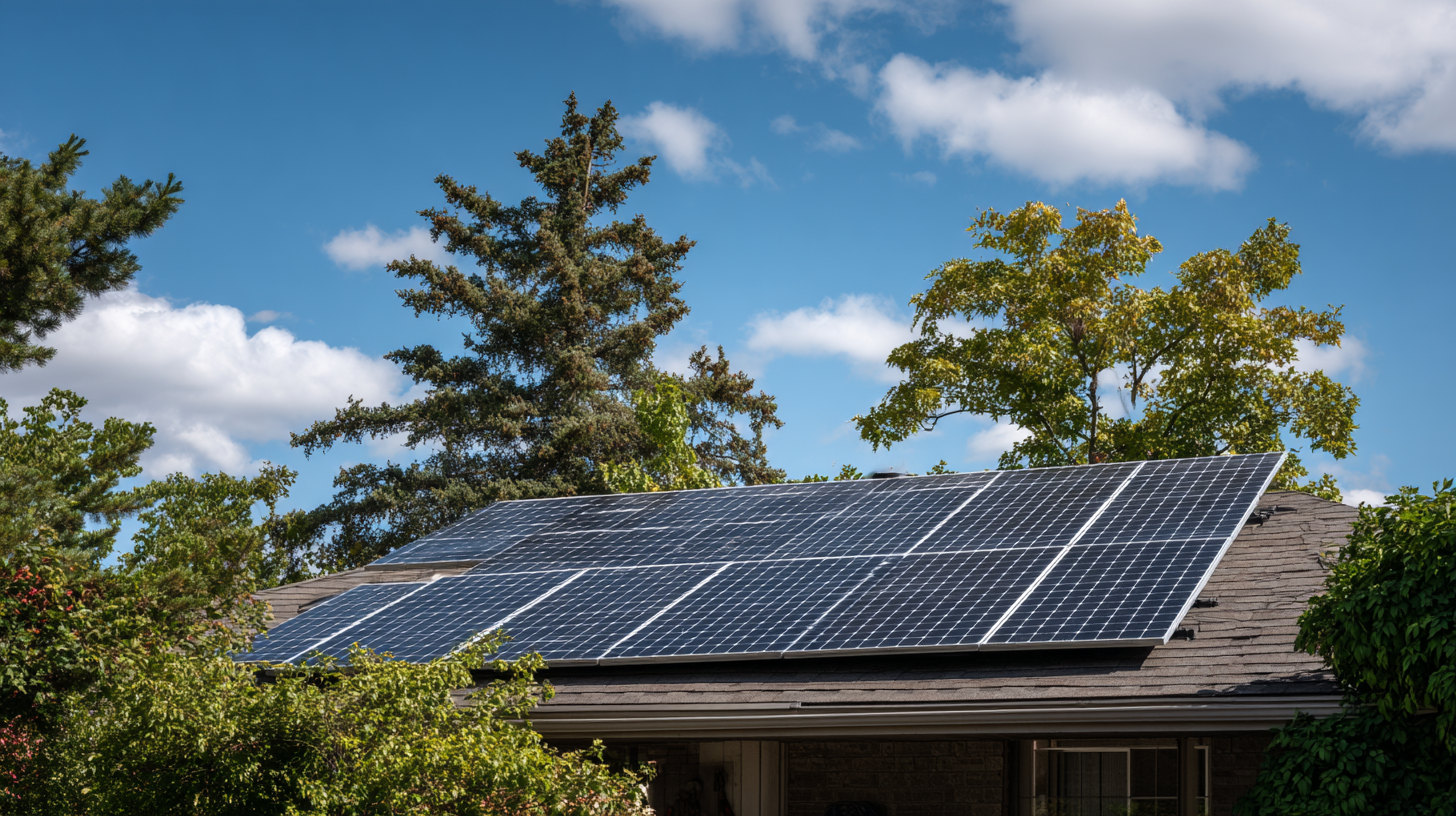
Benefits of Installing Solar Panels in Residential Areas
Installing solar panels in residential areas presents numerous benefits that extend far beyond mere energy savings. According to a report by the National Renewable Energy Laboratory, homeowners can save an average of $10,000 to $30,000 on energy costs over the lifespan of a solar panel system, which is typically around 25 years. Additionally, solar panels can increase property values, with a study from the Lawrence Berkeley National Laboratory indicating that homes with solar installations sell for about 4.1% more than comparable homes without solar.
One of the most significant advantages of solar energy is its environmental impact. By harnessing the power of the sun, homeowners can significantly reduce their carbon footprint. The U.S. Environmental Protection Agency states that a typical residential solar system can offset more than 100,000 pounds of carbon dioxide emissions over its lifetime, equivalent to planting over 2,000 trees.
**Tips: To maximize your solar savings, consider installing panels during peak sunlight seasons and pairing your system with energy-efficient appliances. Regular maintenance can also enhance performance, ensuring you get the best return on your investment.**
Unlocking Savings: How Solar Panels for Home Use Can Slash Your Energy Bills Today
| Benefit | Details | Estimated Savings ($/year) | Payback Period (years) |
|---|---|---|---|
| Reduced Electricity Bills | Solar panels generate electricity and significantly cut energy costs | $1,000 | 5 |
| Tax Incentives | Federal and state tax credits available for solar installations | $1,500 | N/A |
| Increased Property Value | Homes with solar panels typically sell for more | $15,000 | N/A |
| Energy Independence | Less reliance on grid power and more control over energy sources | Varies | Varies |
| Environmental Impact | Reduced carbon footprint and sustainable energy generation | N/A | N/A |
Understanding How Solar Energy Can Reduce Monthly Utility Costs
The transition to solar energy for residential use has gained momentum as homeowners seek to reduce their monthly utility costs. According to the U.S. Department of Energy, homeowners can save an average of $10,000 over a 20-year period by installing solar panels. This significant reduction in energy bills is largely due to the decreasing cost of solar technology, which has dropped by nearly 82% since 2010, making it more accessible to the average consumer. Furthermore, with many states offering incentives and tax credits, the initial investment is increasingly offset, allowing family budgets to enjoy both immediate and long-term savings.
In addition to the financial benefits, solar panels harness an abundant resource—sunlight—to generate electricity, effectively reducing reliance on conventional energy sources. A report from the National Renewable Energy Laboratory (NREL) indicates that an average solar system can offset up to 75% of annual electricity use in homes across the United States. By taking control of their energy production, homeowners not only secure substantial savings but also contribute to a reduction in their carbon footprint, fostering a more sustainable future. Adopting solar technology thus not only represents a smart financial decision but also an essential step toward energy independence.
Cost Savings Analysis: Short-Term vs Long-Term Benefits of Solar Panels
Investing in solar panels for home use presents distinct cost-saving advantages, both in the short term and long term. Initially, homeowners may experience a drop in energy bills as they generate their own electricity, particularly during peak hours when energy rates are high. Additionally, many government incentives and rebates can offset the upfront installation costs, making solar more accessible. The immediate savings combined with these incentives can significantly enhance a household’s cash flow, making a compelling case for the adoption of solar energy.
On the other hand, long-term benefits of solar panels often outweigh initial savings. While the payback period can vary, many systems can lead to substantial savings over 20-30 years. As energy prices continue to increase, solar panels offer a hedge against rising costs, while providing energy independence. Moreover, a well-maintained solar installation often increases property value, making it a wise investment for the future. Homeowners can enjoy peace of mind and sustainable energy, knowing they contribute to environmental preservation while simultaneously protecting their finances over time.
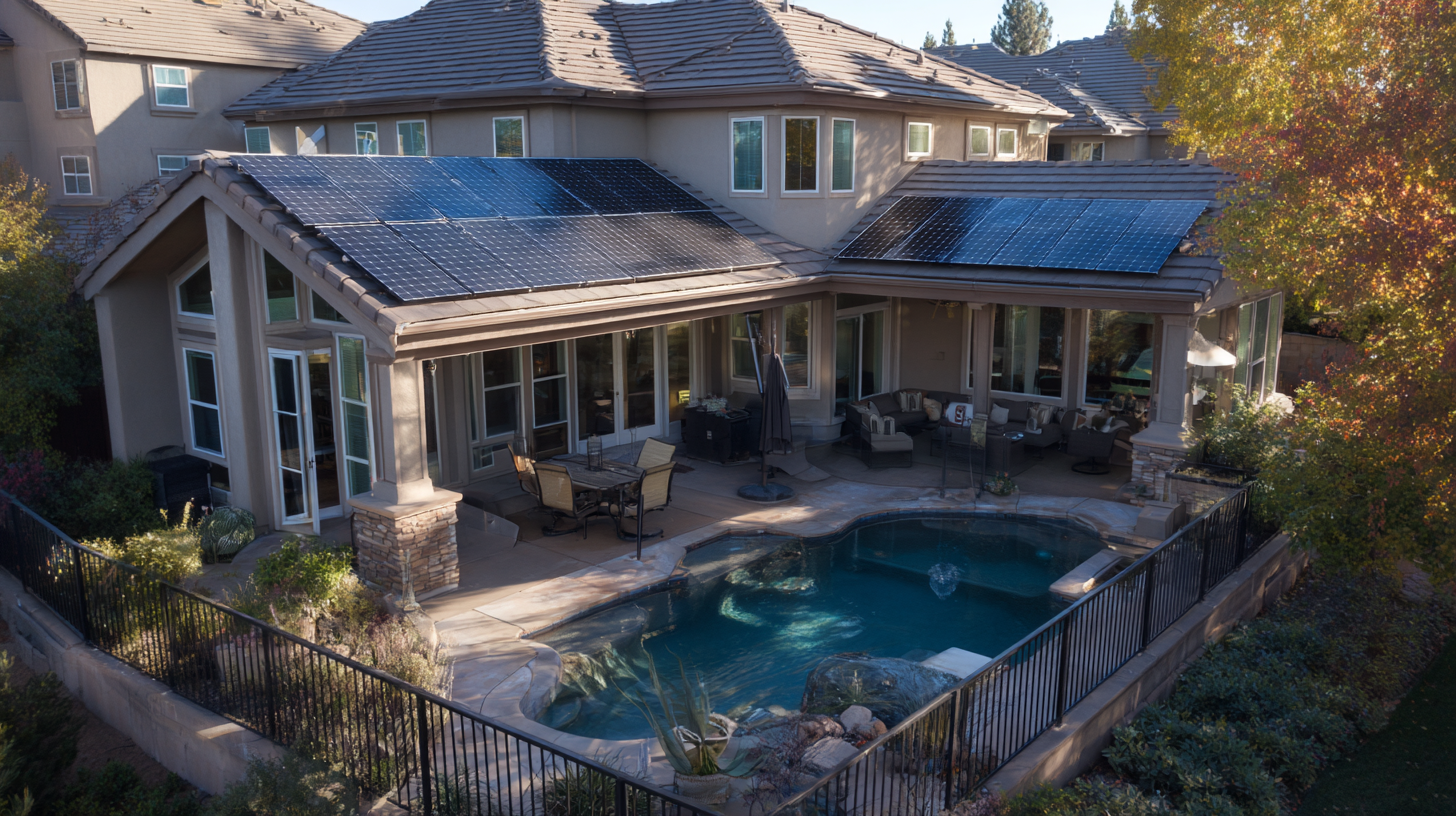
Factors Influencing the Efficiency of Home Solar Systems
When it comes to maximizing the benefits of home solar systems, several key factors can significantly influence their efficiency and, consequently, your energy savings. According to the National Renewable Energy Laboratory, the average efficiency of solar panels currently stands at around 15-20%. Factors such as panel orientation, shading, and local climate conditions can affect this efficiency. For instance, solar panels perform optimally when angled at 30 to 45 degrees, capturing the most sunlight throughout the year.
Tips: To boost the efficiency of your solar panels, consider regular maintenance and cleaning. Dust and debris can reduce output by up to 20%, so ensuring your panels are clean will result in better performance and savings. Additionally, utilizing smart home technology to monitor your energy consumption in real-time can help you adjust your habits to maximize the benefits of your solar investment.
Moreover, the placement of solar panels is crucial. Professionals recommend installing them in areas that receive direct sunlight for at least six hours daily. A 2021 report from the Solar Energy Industries Association indicates that homes with well-placed solar installations can reduce energy bills by 30% or more. Taking into account these factors can significantly enhance the performance of your solar system, allowing for substantial savings on energy costs.
Exploring Government Incentives and Rebates for Solar Panel Installations
Investing in solar panels for home use not only provides sustainable energy but also opens the door to numerous government incentives and rebates. Many states offer tax credits that significantly reduce the upfront costs of solar installation, allowing homeowners to recoup a substantial portion of their investment. For instance, the Federal Investment Tax Credit (ITC) allows homeowners to deduct a percentage of the installation cost from their federal taxes, making solar energy more accessible to a larger audience.
In addition to federal incentives, many local governments and utility companies have specific rebate programs aimed at encouraging solar adoption. These can include cash rebates based on system size or performance-based incentives tied to energy production. Some regions even offer property tax exemptions, ensuring that the increased value added by solar panels doesn’t translate into higher property taxes. By leveraging these financial incentives, homeowners not only reduce their energy bills but also contribute to a greener future.
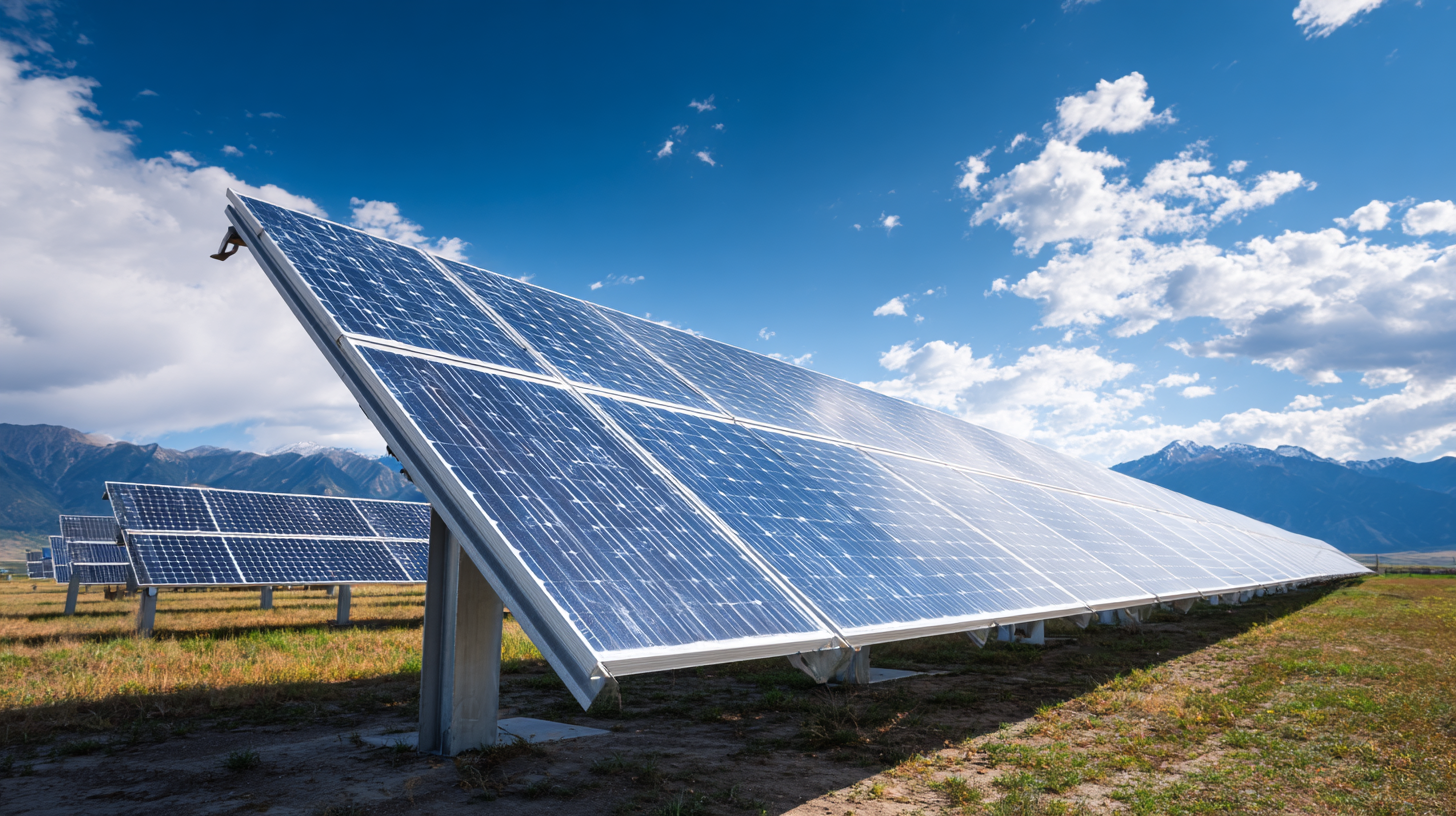
Related Posts
-
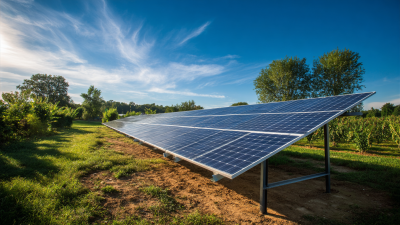
7 Compelling Reasons to Choose the Best Solar Panel for Home Energy Solutions
-
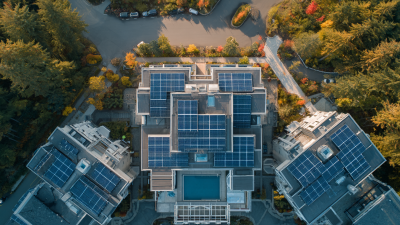
Ultimate Guide to Choosing the Best Solar Energy Panels for Home That Meet Your Technical Needs
-

The Future of Sustainable Living with the Best Home Solar Panel System
-
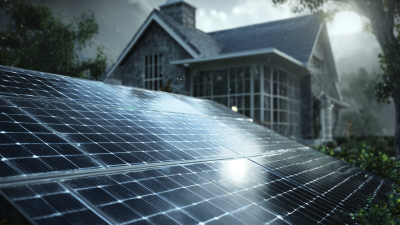
Ultimate Guide to Choosing the Best Solar Energy Panels for Your Home
-

Unmatched Excellence in Home Solar Installation from Top Chinese Manufacturing厂商
-

Advantages of Choosing the Best Solar Panels for Sustainable Energy Solutions